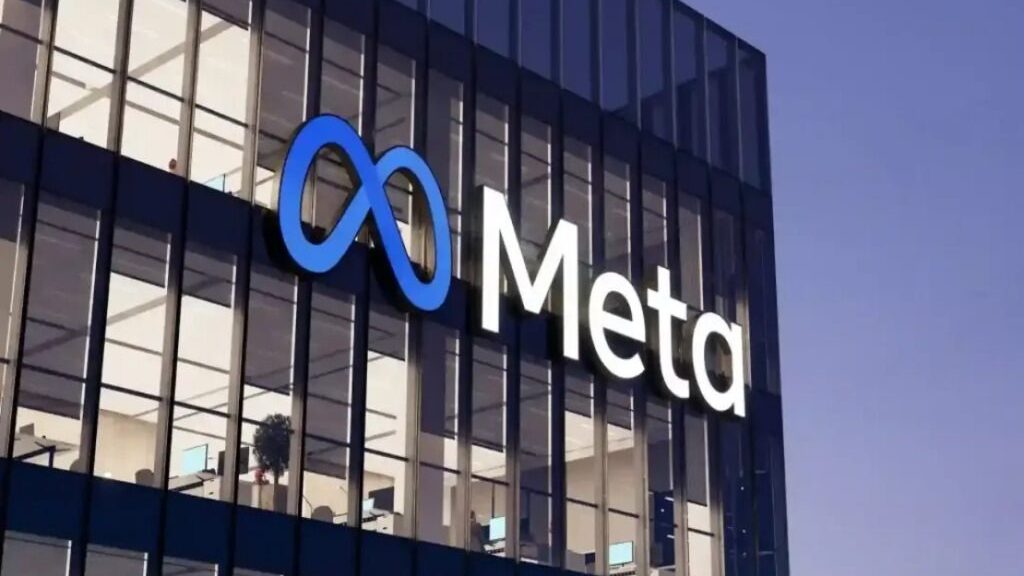Advertisements
Kuala Lumpur Reacts to Meta’s Decision

In a surprising turn of events, Meta Platforms Inc (Meta) has removed posts by Malaysian Prime Minister Datuk Seri Anwar Ibrahim concerning the assassination of Hamas Political Bureau chief Ismail Haniyeh. This decision has ignited a firestorm of criticism, with observers accusing Meta of exhibiting double standards in its approach to content moderation.
Accusations of Bias and Double Standards
Meta’s Alleged Pro-Israel Bias
Dr. Mazlan Ali, an Associate Professor at the Perdana Centre, Razak Faculty of Technology and Informatics, Universiti Teknologi Malaysia, has voiced strong criticism regarding Meta’s decision. He argues that Meta’s actions reflect a pro-Israel bias, influenced by a Western interpretation of geopolitical conflicts.
“The guidelines set by Meta are based on a Western perspective that tends to be pro-Israel,” Dr. Mazlan explained in an interview with Bernama. “Hamas is often labeled as a terrorist organization in these interpretations, which contrasts sharply with Malaysia’s view of Hamas as a group fighting for independence and homeland.”
Advertisements
Dr. Mazlan suggests that Meta’s approach is overly simplistic and fails to consider the diverse viewpoints of its global user base. “Meta should adopt a more balanced perspective and respect various geopolitical viewpoints, rather than imposing a unilateral interpretation.”
Respect for Sovereign Statements
Dr. Mazlan further contends that Meta’s removal of the Prime Minister’s posts disregards the official stance of a sovereign government. “Meta needs to acknowledge that these posts represent Malaysia’s official views and should not be arbitrarily removed based on a biased perspective,” he added.
Concerns Over Meta’s Guidelines and AI Use
General Guidelines and AI Challenges
Associate Professor Dr. Mohd Khairie Ahmad, Dean of the School of Multimedia Technology and Communications at Universiti Utara Malaysia, has raised concerns about Meta’s content moderation guidelines. He speculates that the removal of the posts may be a result of overly broad guidelines or the use of artificial intelligence (AI) that might have automatically flagged the content.
Dr. Khairie argues that the posts in question did not contain incitement or pose any threat. “The posts were merely images, visuals, and videos of a meeting between two leaders. There was nothing in these posts that could incite violence or disrupt global harmony,” he stated.
Discrepancies in Content Moderation
Dr. Khairie also points out a perceived inconsistency in Meta’s content moderation practices. “While Meta has acted against posts related to Palestinian issues, content involving Israeli leaders remains unaffected. This discrepancy suggests a potential bias in Meta’s enforcement of its guidelines,” he noted.
Implications for Freedom of Speech
Dr. Khairie is concerned that Meta’s decision undermines freedom of speech. “Meta’s removal of content without clear justification can be seen as a violation of free speech, especially when it involves a prominent global leader like the Prime Minister of Malaysia,” he said.
He calls on Meta to provide a clear explanation for its actions, emphasizing that if the removal is linked to accusations of extremist support, it could damage Malaysia’s international reputation. “Meta needs to clarify its reasons for this action to avoid negative perceptions and to uphold the principles of free speech,” Dr. Khairie concluded.
Conclusion
The removal of Prime Minister Datuk Seri Anwar Ibrahim’s posts by Meta has sparked a heated debate about content moderation practices and perceived bias. Critics argue that Meta’s actions reflect a double standard and undermine the principles of free speech. As this controversy unfolds, it remains to be seen how Meta will address these concerns and whether it will reconsider its approach to global content moderation.

